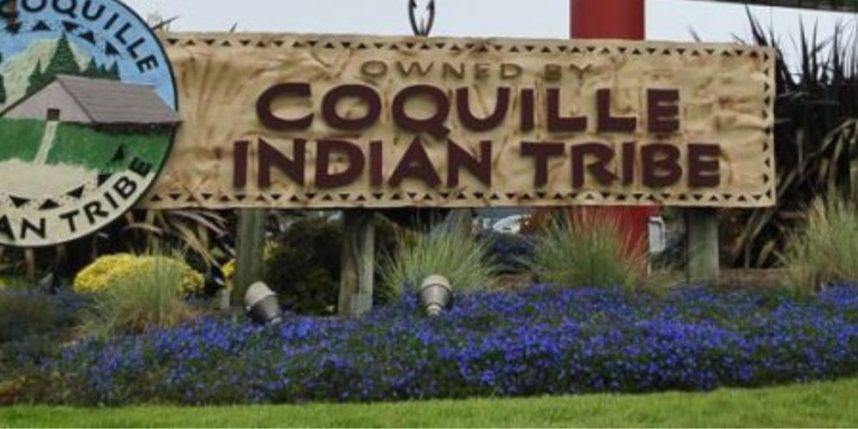Published on: January 4, 2025, 10:01h.
Last updated on: January 4, 2025, 10:01h.
A group of tribal operators in Oregon and Northern California recently attempted to block the final approval of a controversial tribal casino through a temporary restraining order against the US Department of the Interior (DOI).

The DOI recently approved a Final Environmental Impact Statement (FEIS) for the Coquille Indian Tribe’s planned casino in Medford, Oregon.
This decision signals that the DOI is one step closer to placing the designated casino land under federal trust for gaming purposes, known as a final record of decision (ROD).
Despite being 168 miles away from their base in Coos Bay, the Coquille Tribe claims ancestral connections to the Medford area, a claim disputed by opposing tribes.
The project has faced opposition from Oregon Governor Tina Kotek and members of Congress from Oregon and California.
‘Exceeded Authority’
The Cow Creek Band of Umpqua Tribe of Indians, Karuk Tribe, and Tolowa Dee-ni’ Nation filed a lawsuit against the DOI on December 23, alleging that the department overstepped its powers under the US Constitution in approving the FEIS.
They argue that the approval relied on “invalid” federal regulations from the Council on Environmental Quality (CEQ), which lacks the statutory authority to issue rules for other agencies.
The lawsuit also claims that Interior Secretary Deb Haaland did not properly consult with opposing tribes on the local impact of the casino. They seek a temporary injunction to allow for such consultation.
The tribes requested an injunction to halt the FEIS and prevent the DOI from issuing an ROD until the legality of the FEIS could be assessed by the courts.
No Cause of Action
However, US District Court Judge Amit P. Mehta denied the motion, ruling that the FEIS is not a final agency action as it is still subject to review. Therefore, the court determined that the plaintiffs lack a cause of action.
The tribes must await the final decision from the DOI and challenge it if necessary. This decision could be handed down as early as Monday, typically affirming the FEIS, although not always.
In a recent statement, Judy Farm, CEO of the Coquille Tribe’s economic development arm Tribal One, characterized the lawsuit as driven by “competition.”
“It’s another attempt by Cow Creek to avoid market competition. They have had ample time over the 12-year permitting process to voice their concerns, but they have not taken full advantage of this time,” Farm stated.


